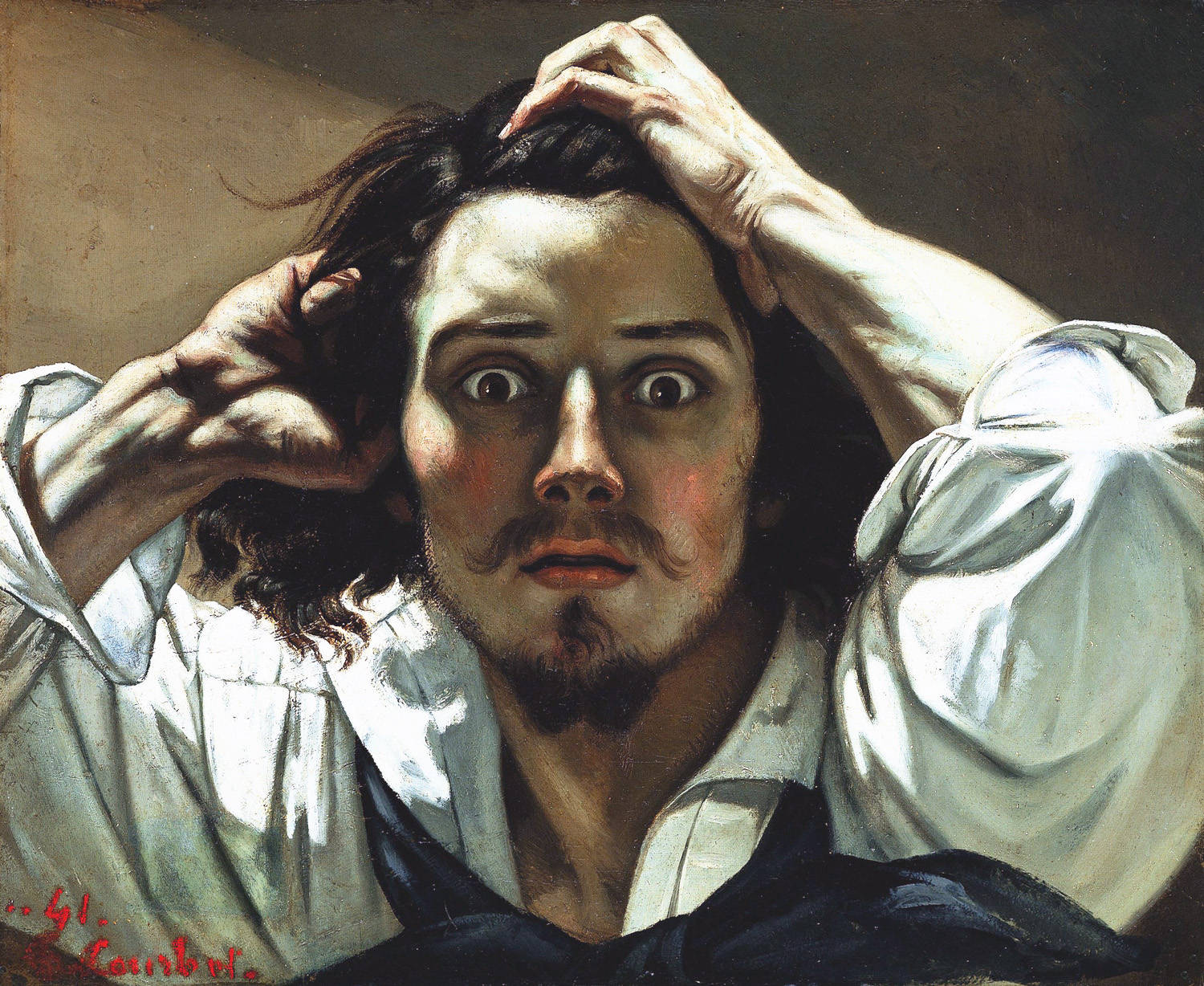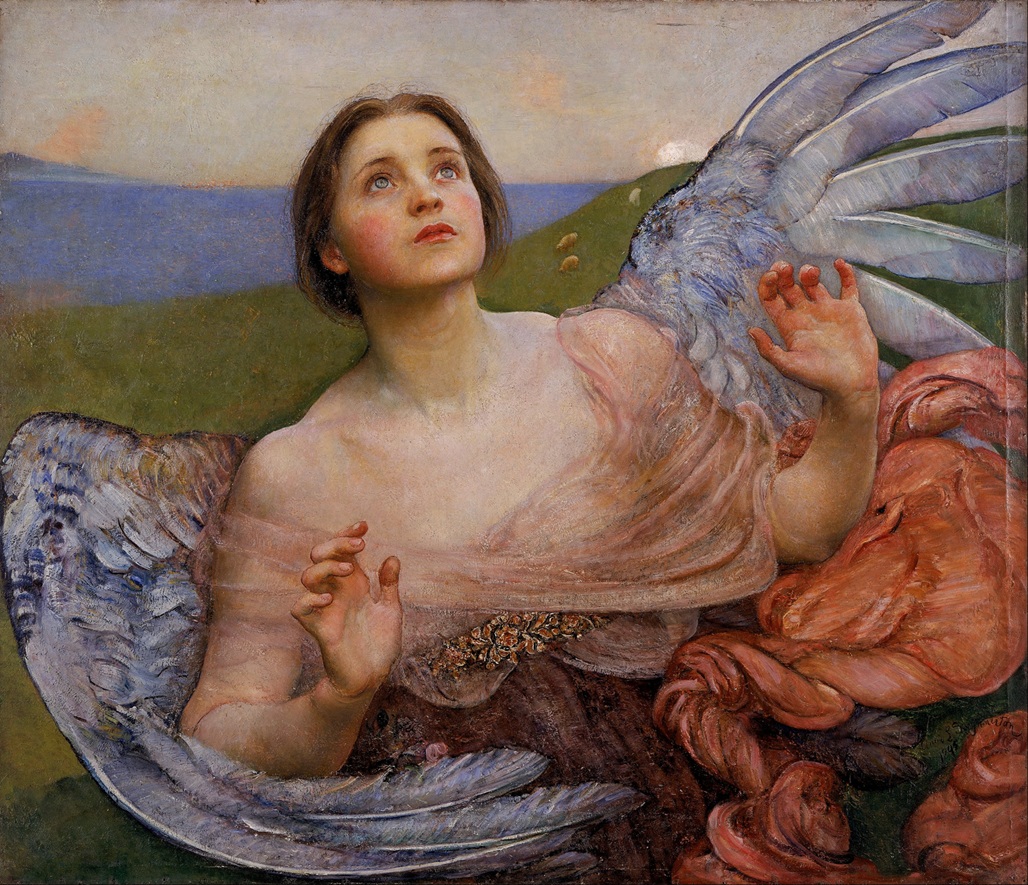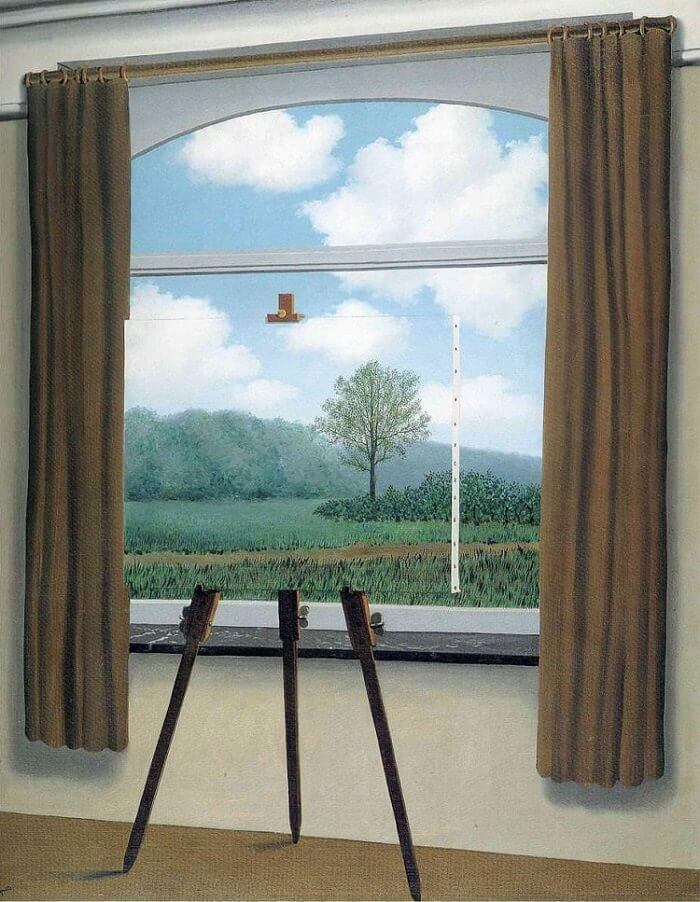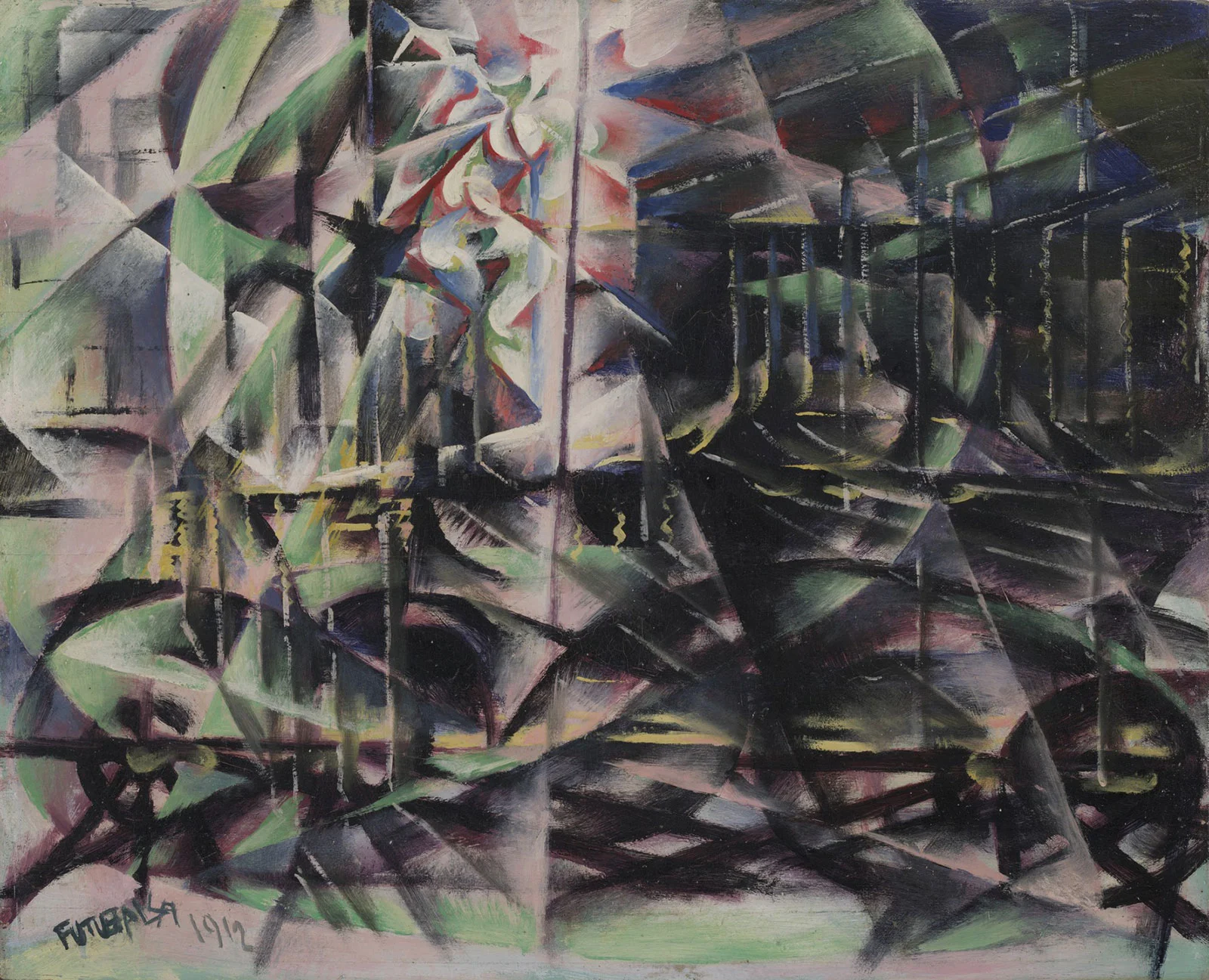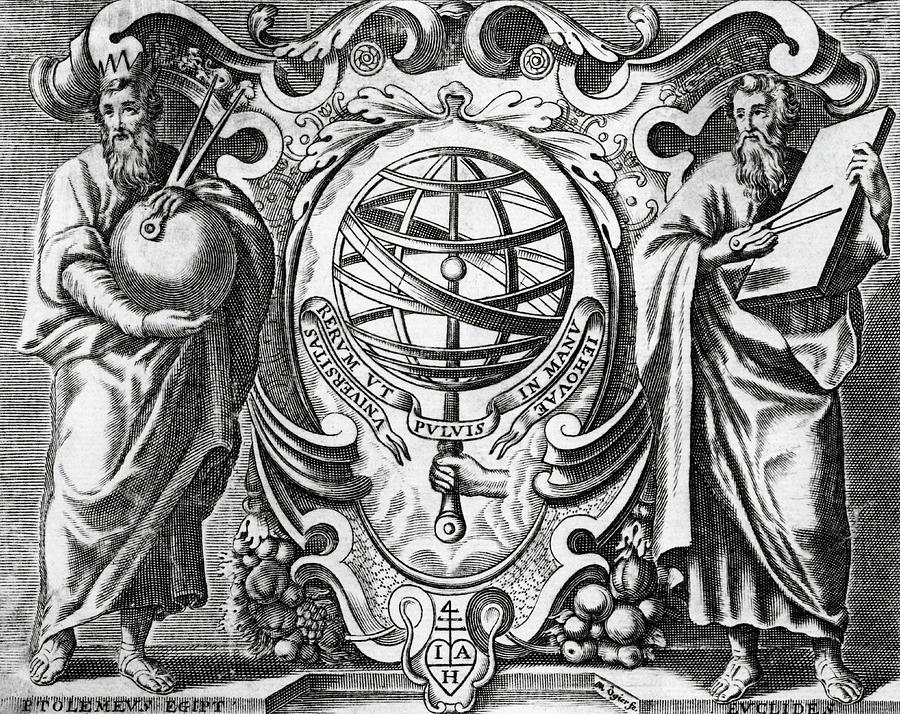-

This is the second of two parts of a paper forthcoming in Anthropos 57 (2). Please cite the published version. 3 The Language and Experience of Paradox One question, vital to the validity of the whole undertaking of the present paper, remains unaddressed: what do we make of the paradoxicality…
News
-
Presenting: Ela Praznik
One of the speakers at The Organic and the Normative conference, taking place between July 30–August 1, 2024 in Ljubljana, Slovenia, is going to be Ela Praznik.…
-
Presenting: Christopher Donohue
One of the speakers at The Organic and the Normative conference, taking place between July 30–August 1, 2024 in Ljubljana, Slovenia, is going to be Christopher Donohue.…
-
Presenting: Jan Halák
One of the speakers at The Organic and the Normative conference, taking place between July 30–August 1, 2024 in Ljubljana, Slovenia, is going to be Jan Halák.…
Topics
affection Alexander alterity art Bergson biological subjectivity civilisation complex systems emergence emotion epistemology epoché eternal object event experience explicitation interview fenomenalna zavest Gelassenheit Jonas, Hans kognitivna znanost Martin Heidegger meditative practice meditative thinking Meister Eckhart Michel Bitbol nominalism non-findability object organism other physics Pierce process quantum theory razvoj relativity releasement space subject surplus of signification suspension time valence values čisto izkustvo
